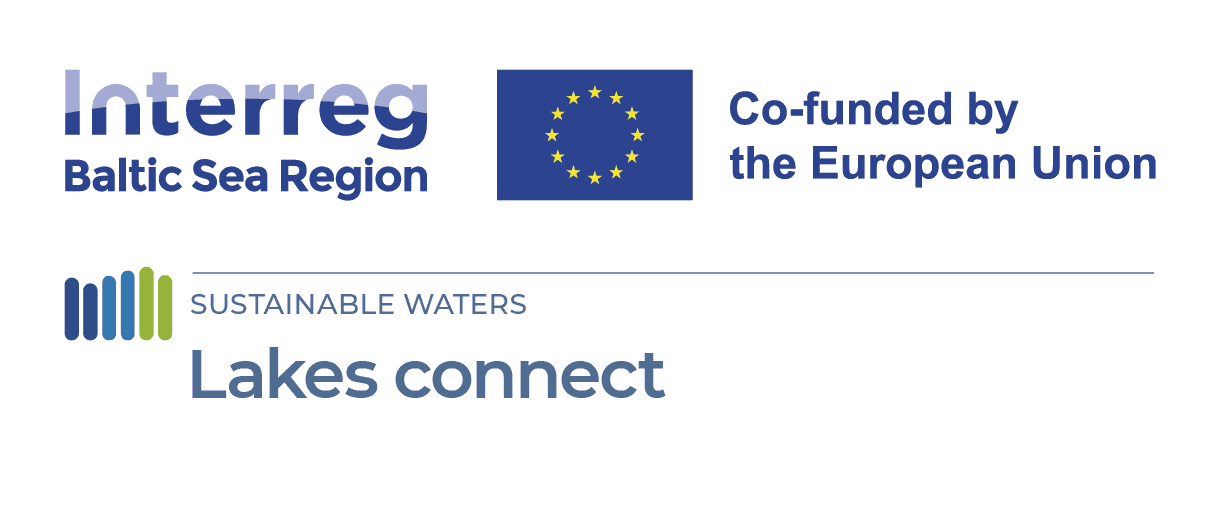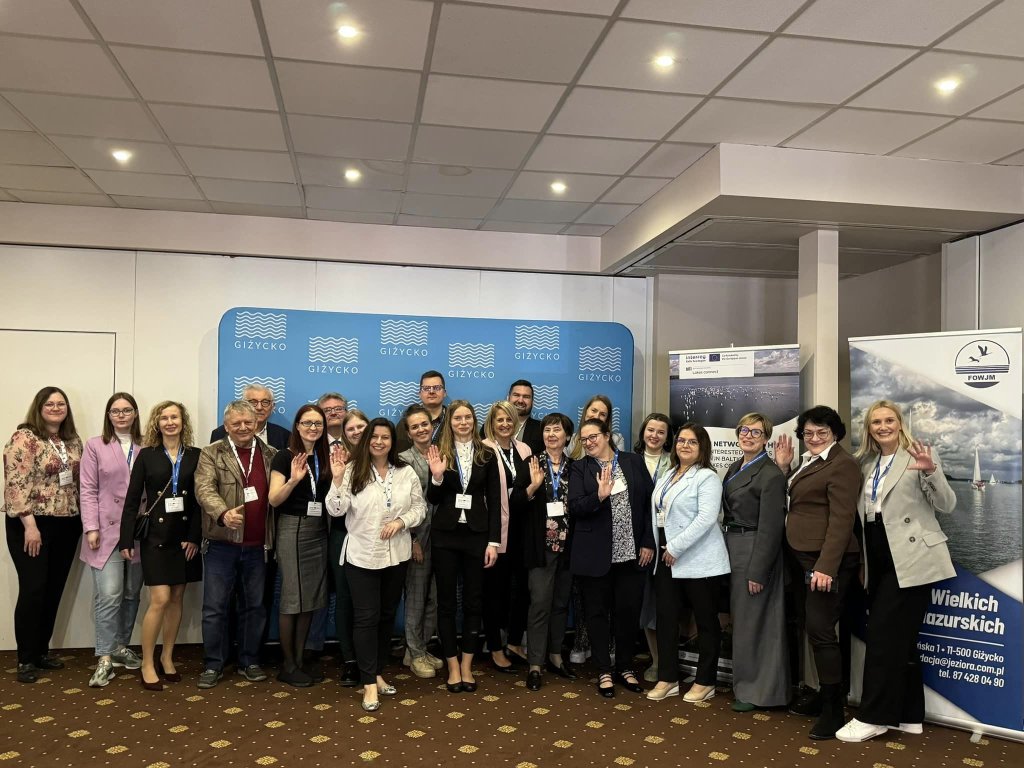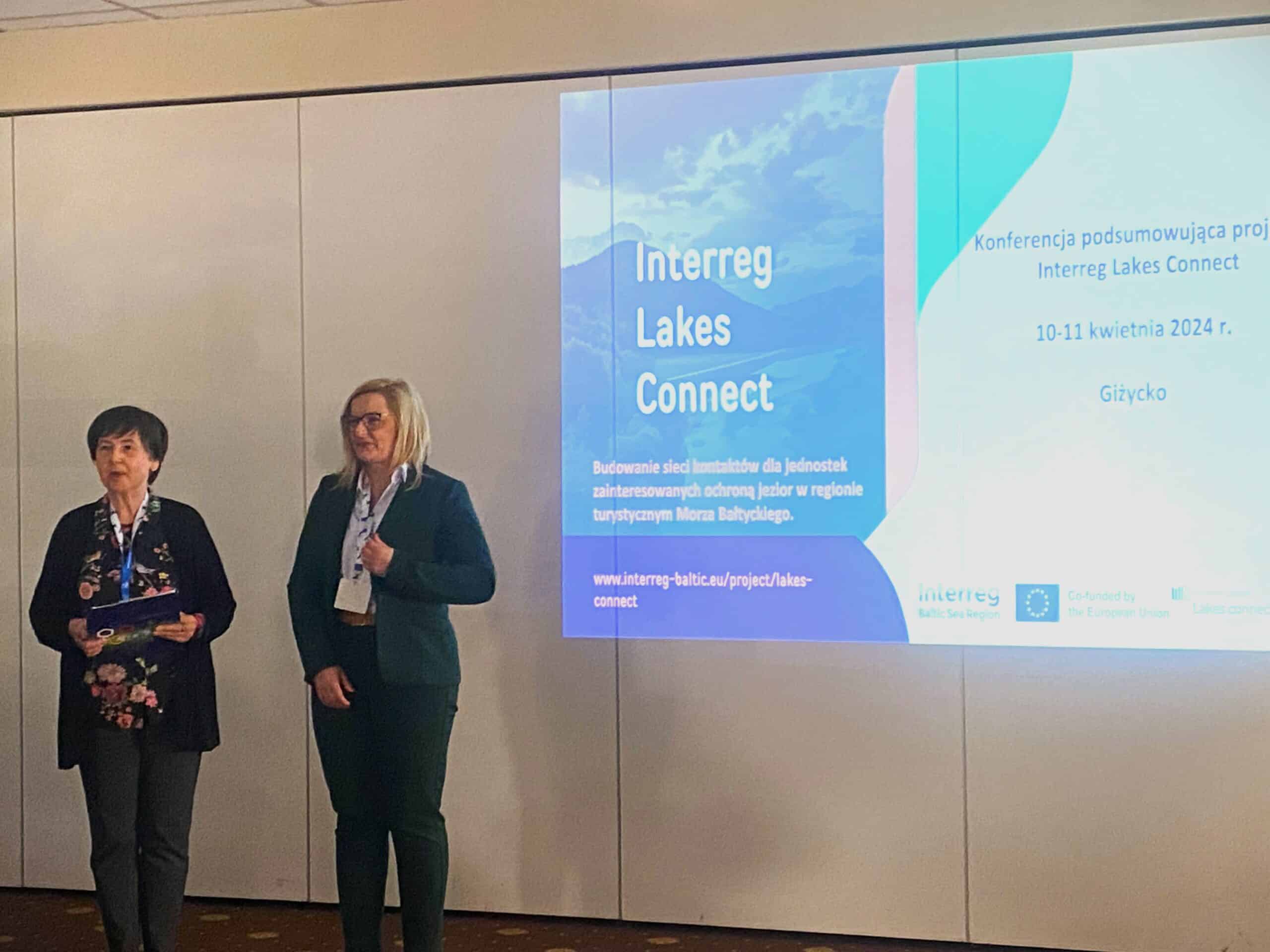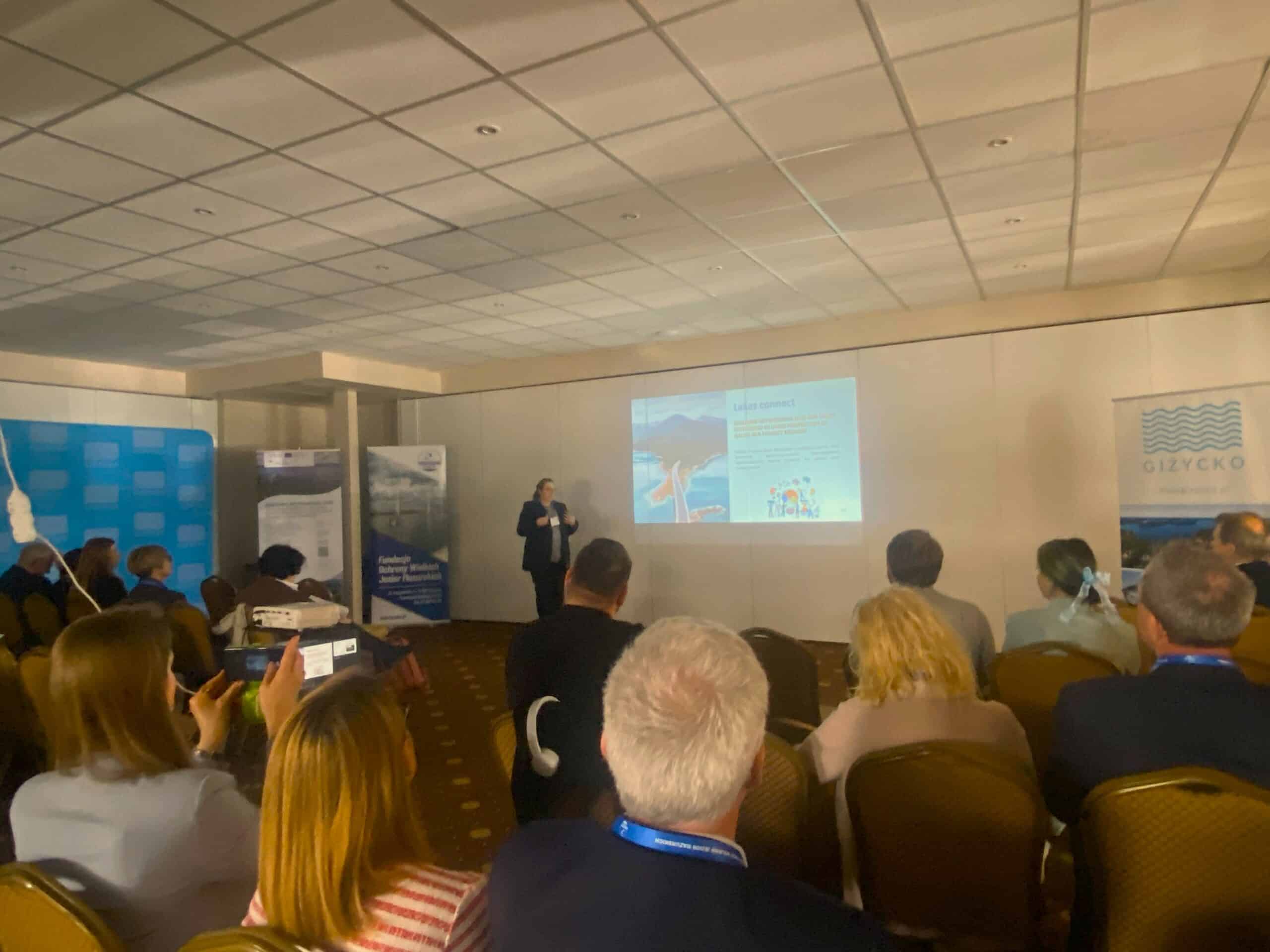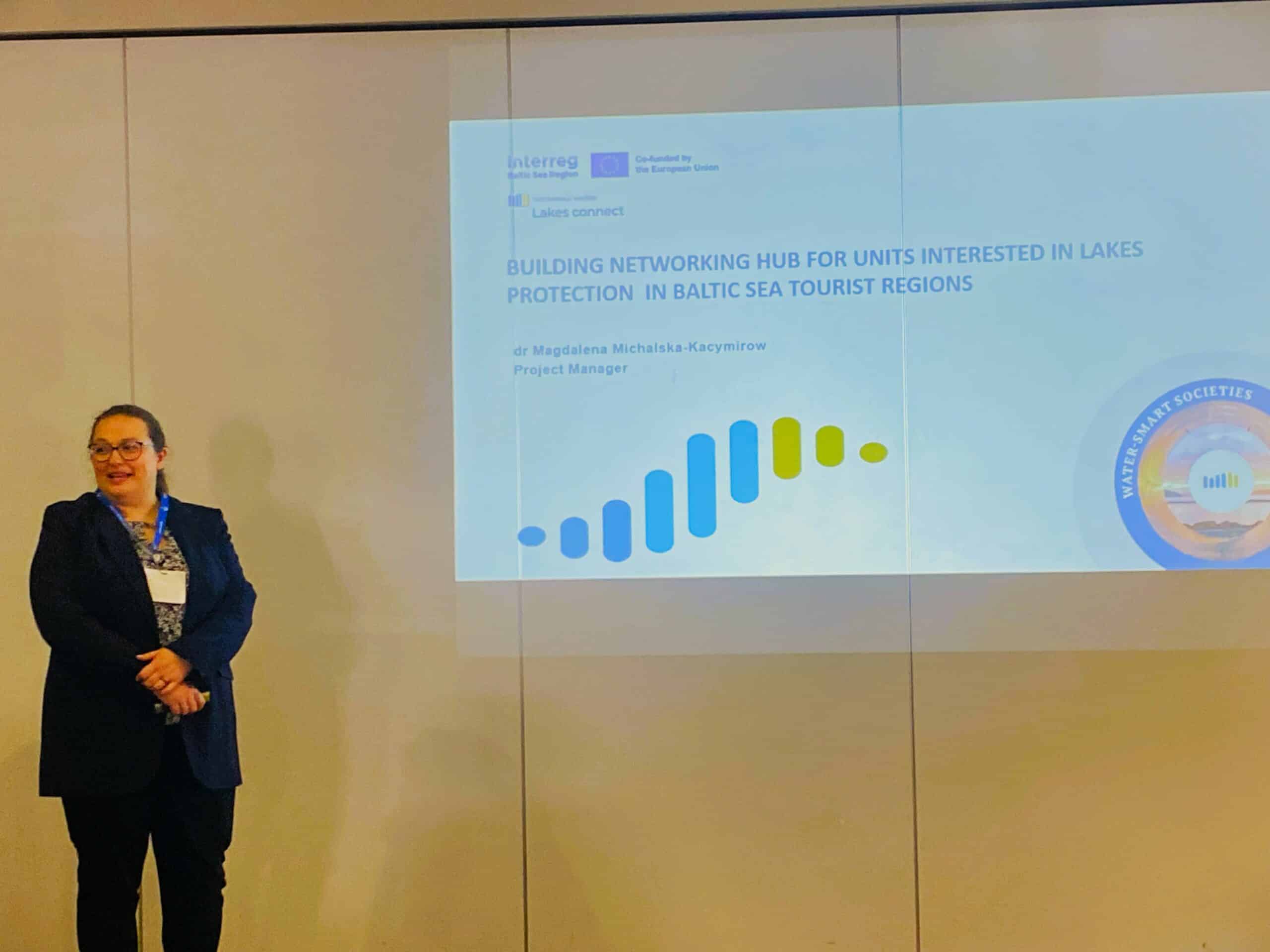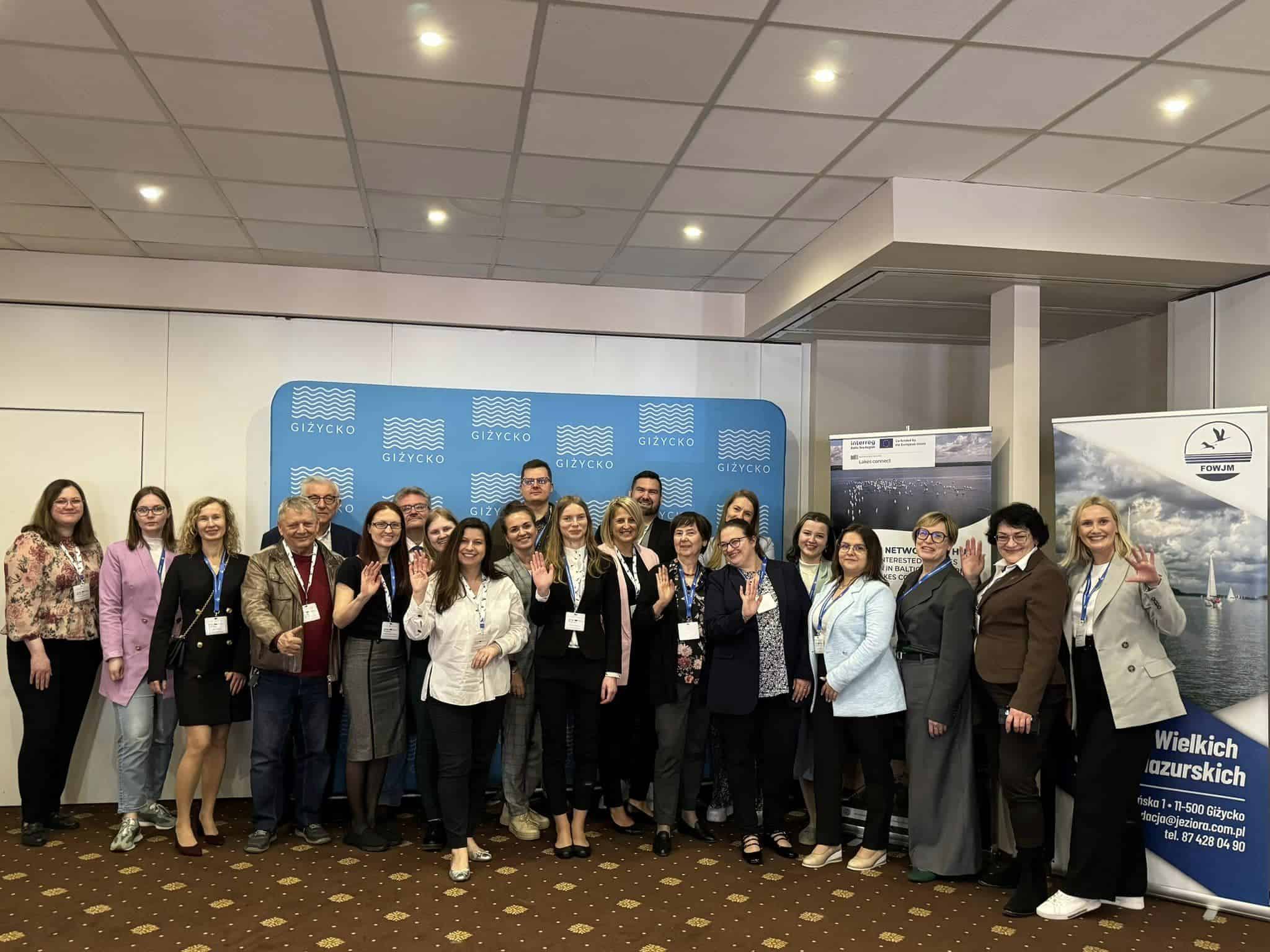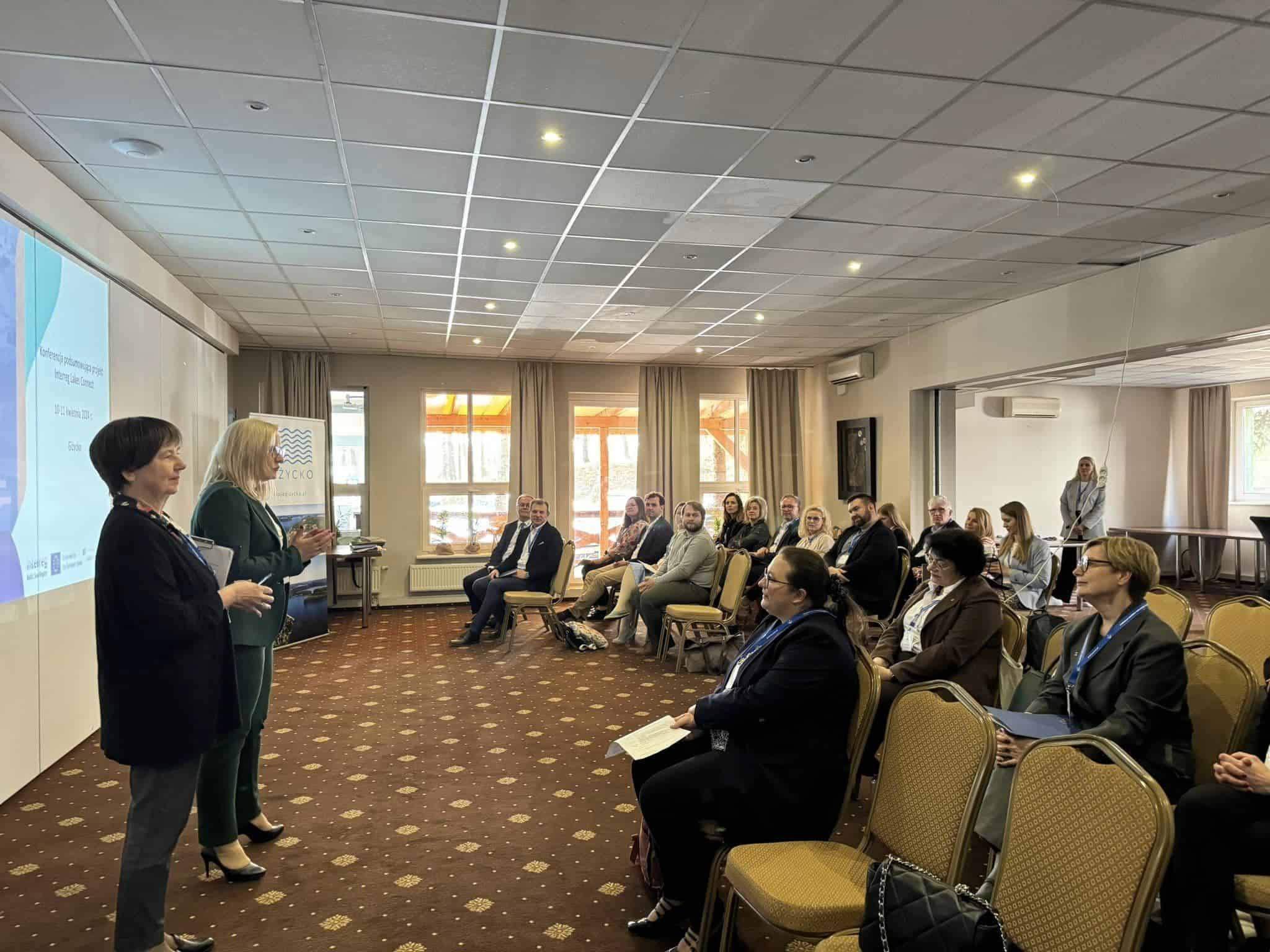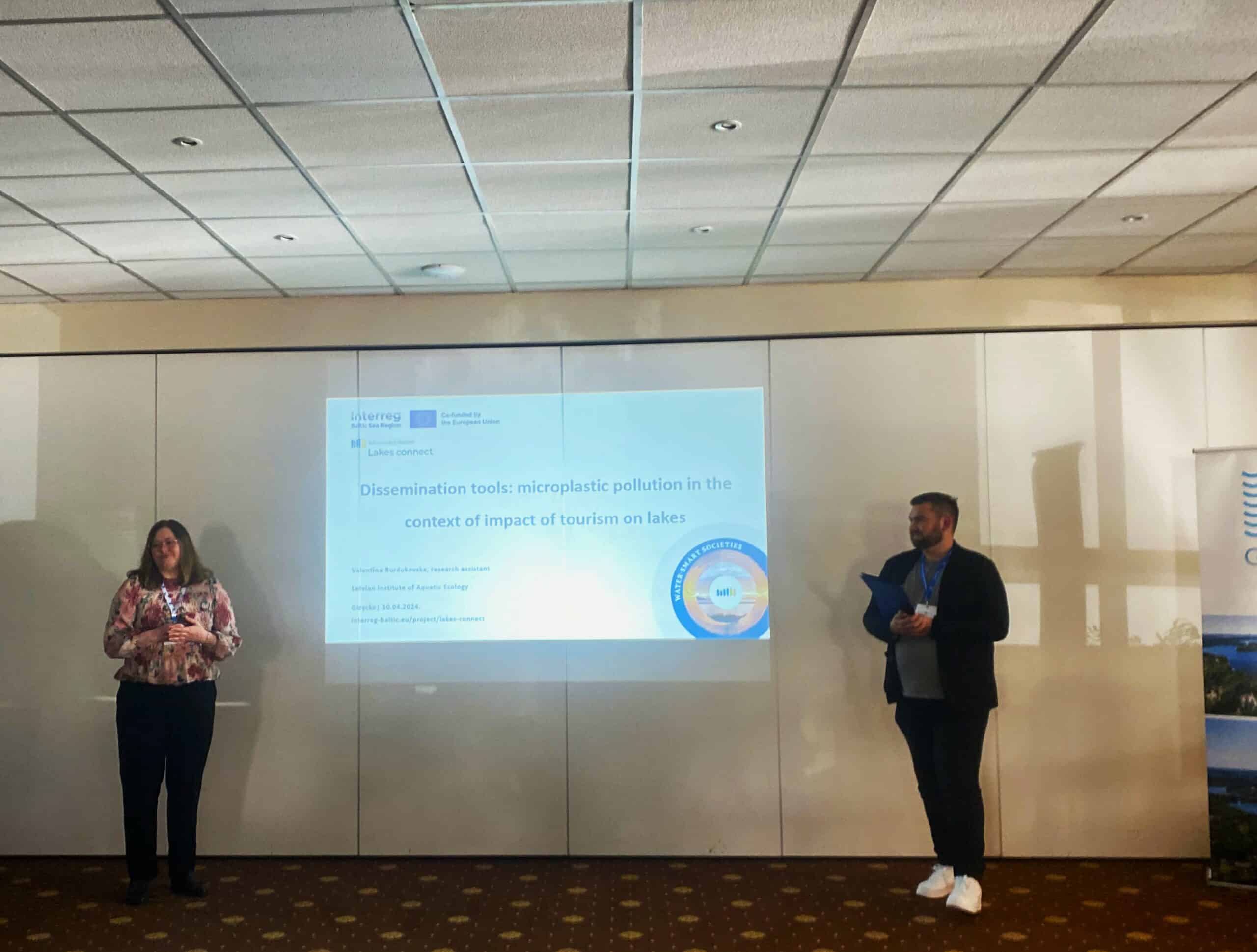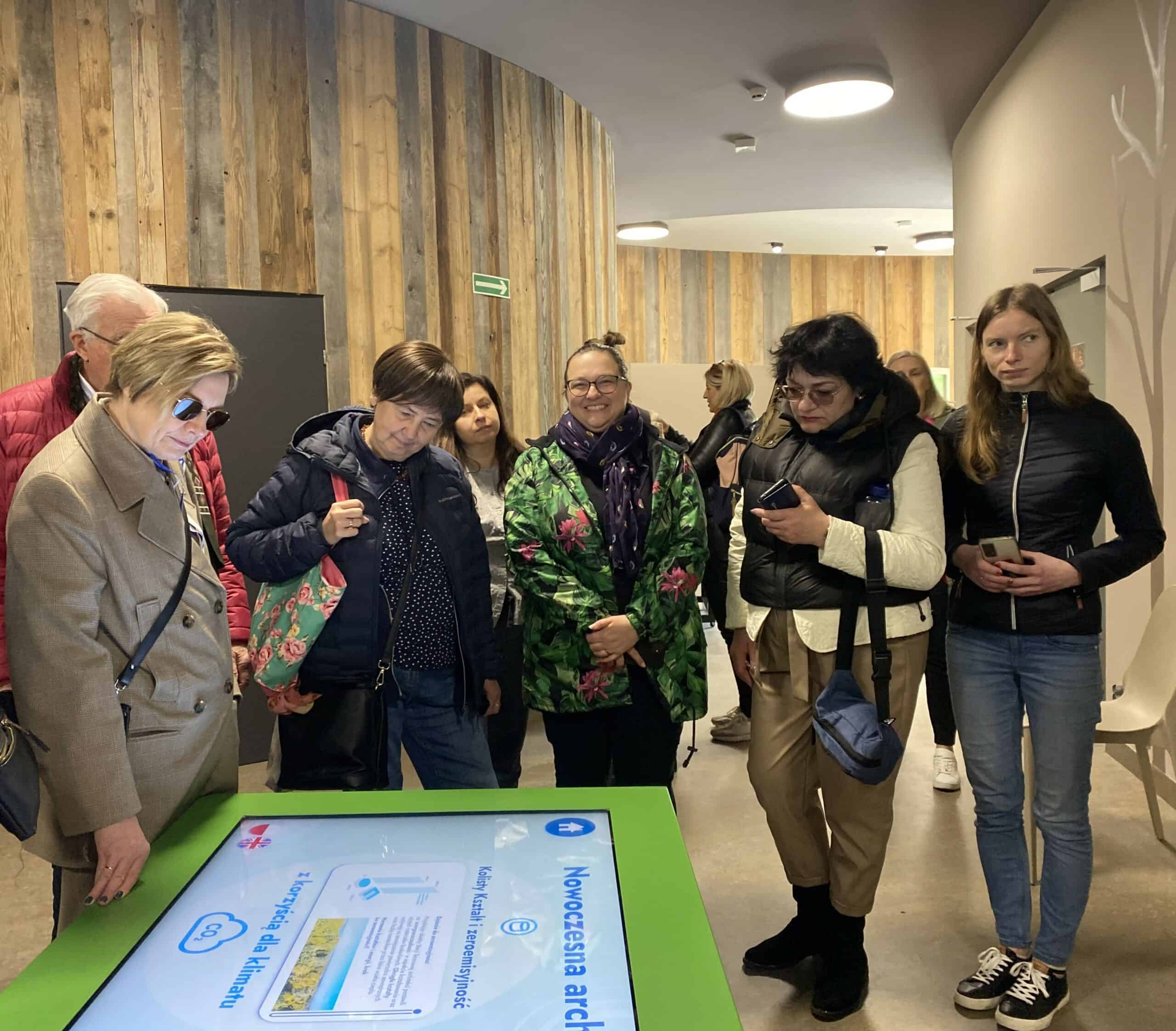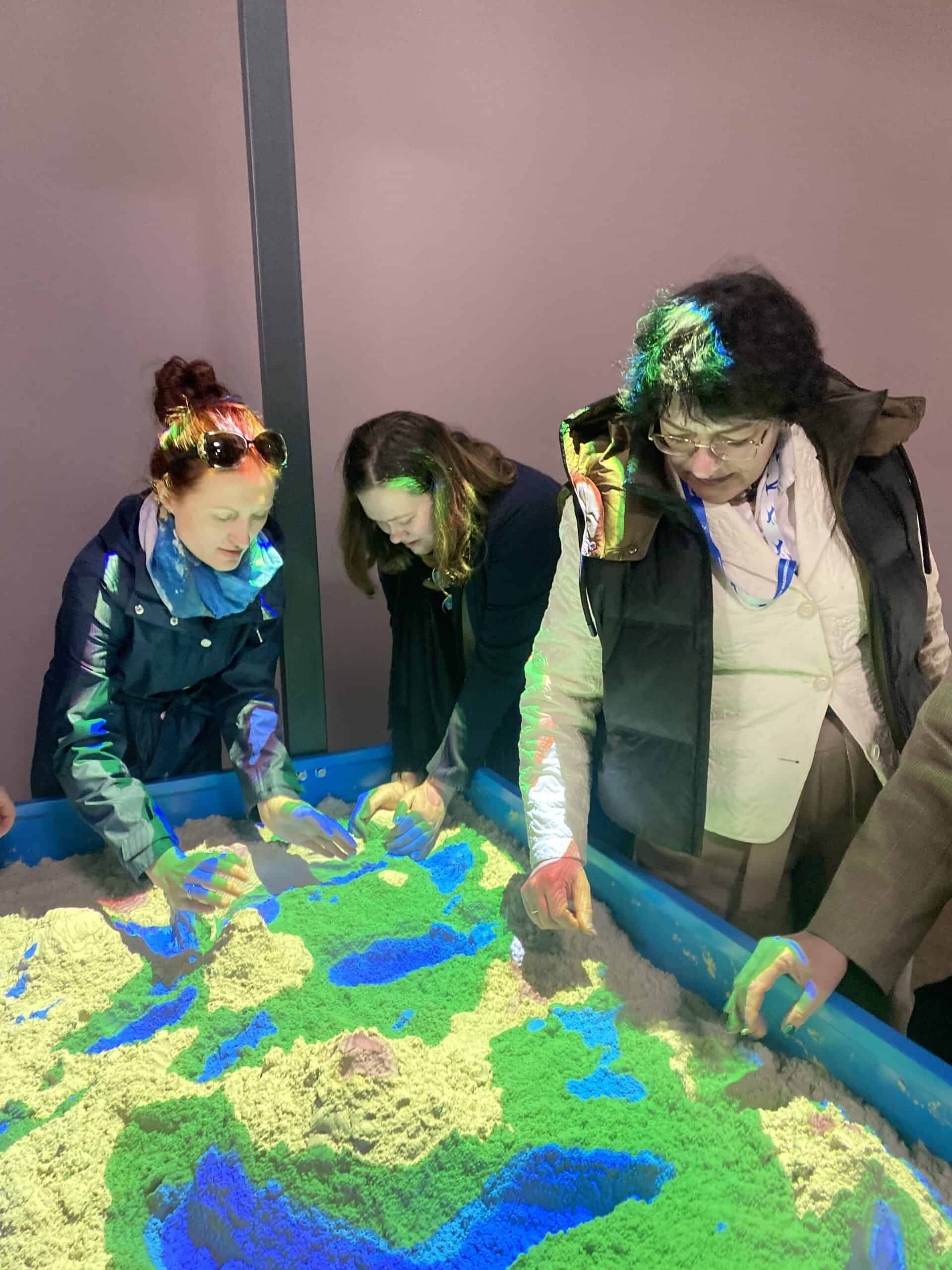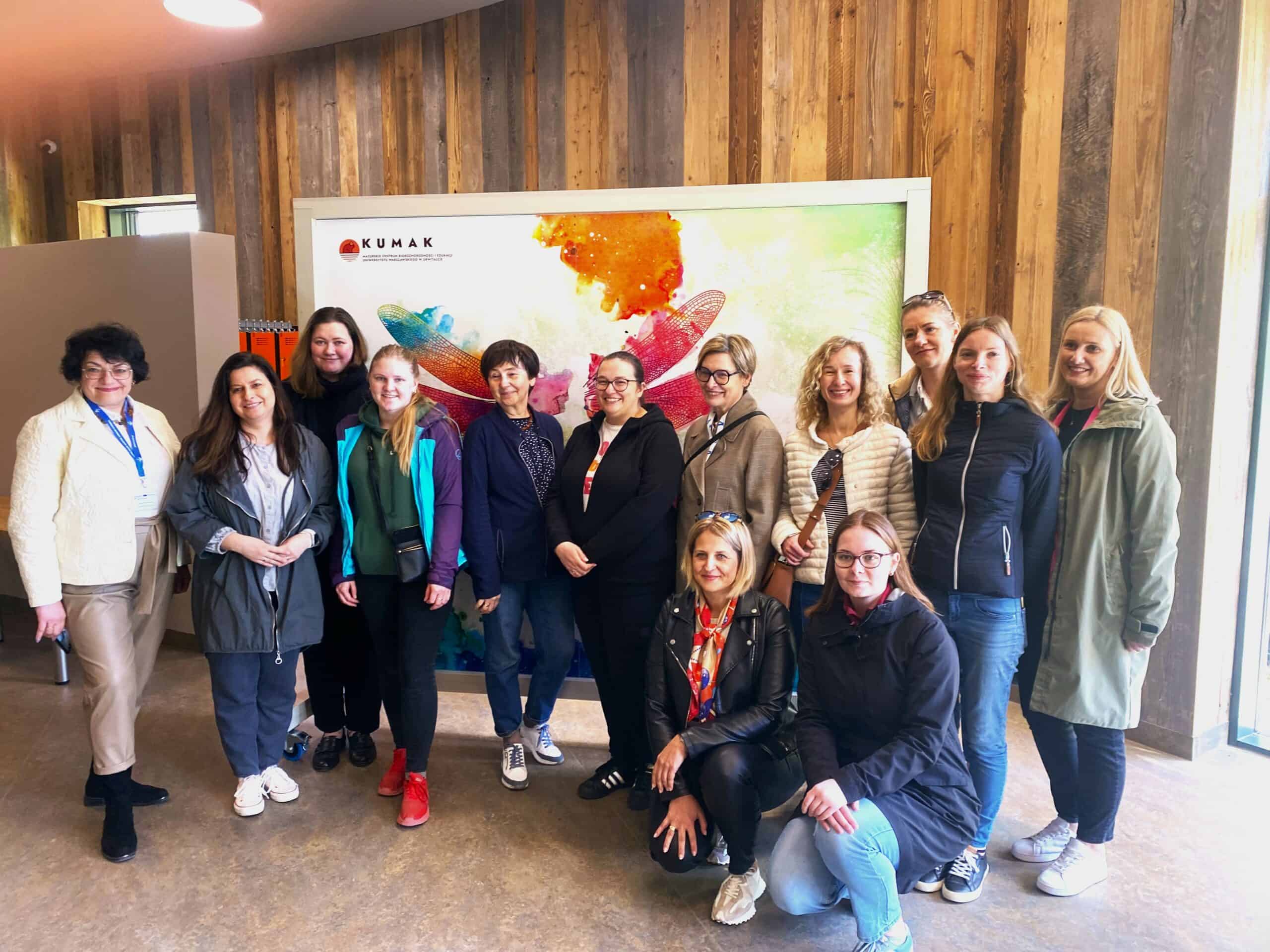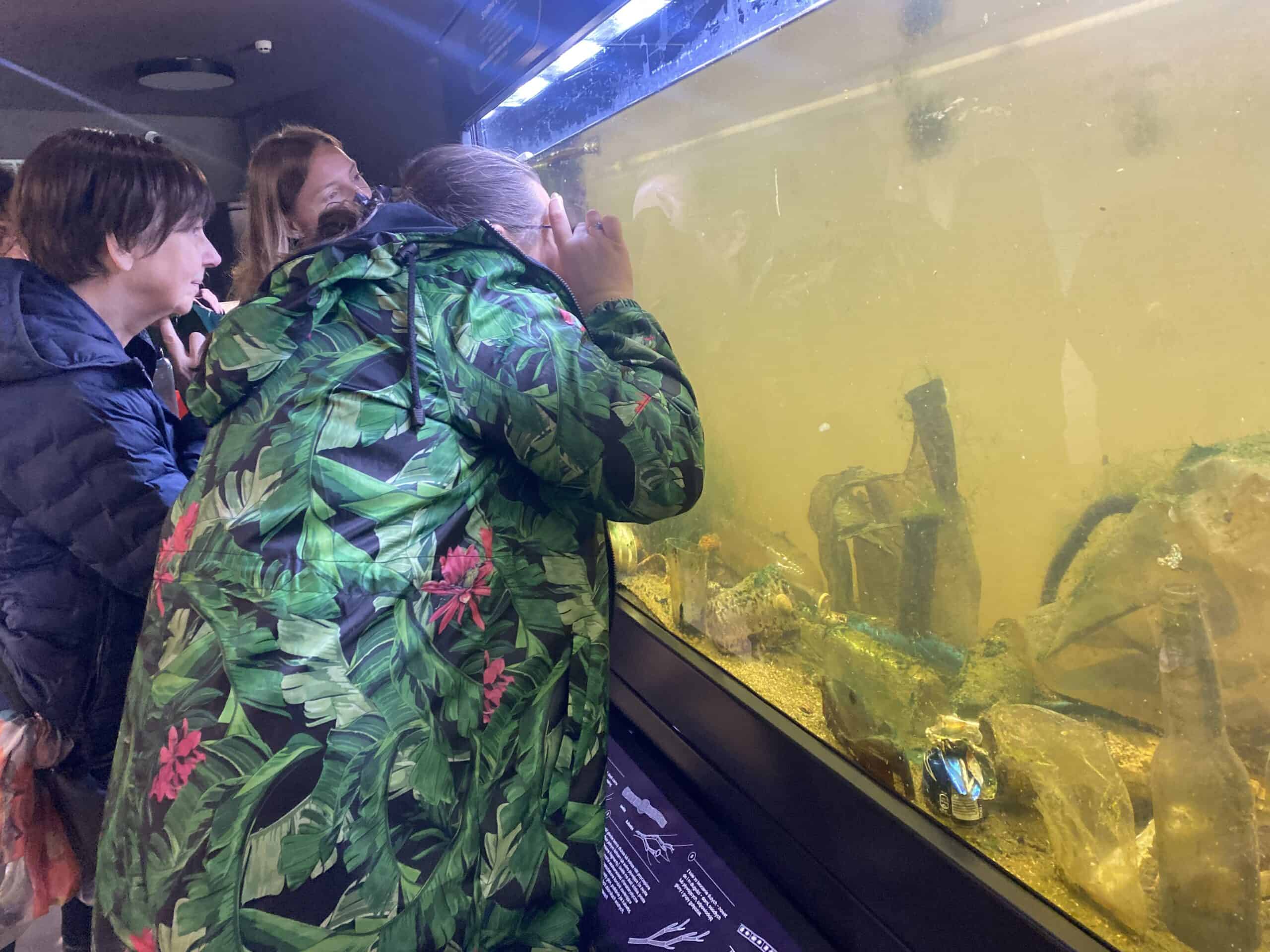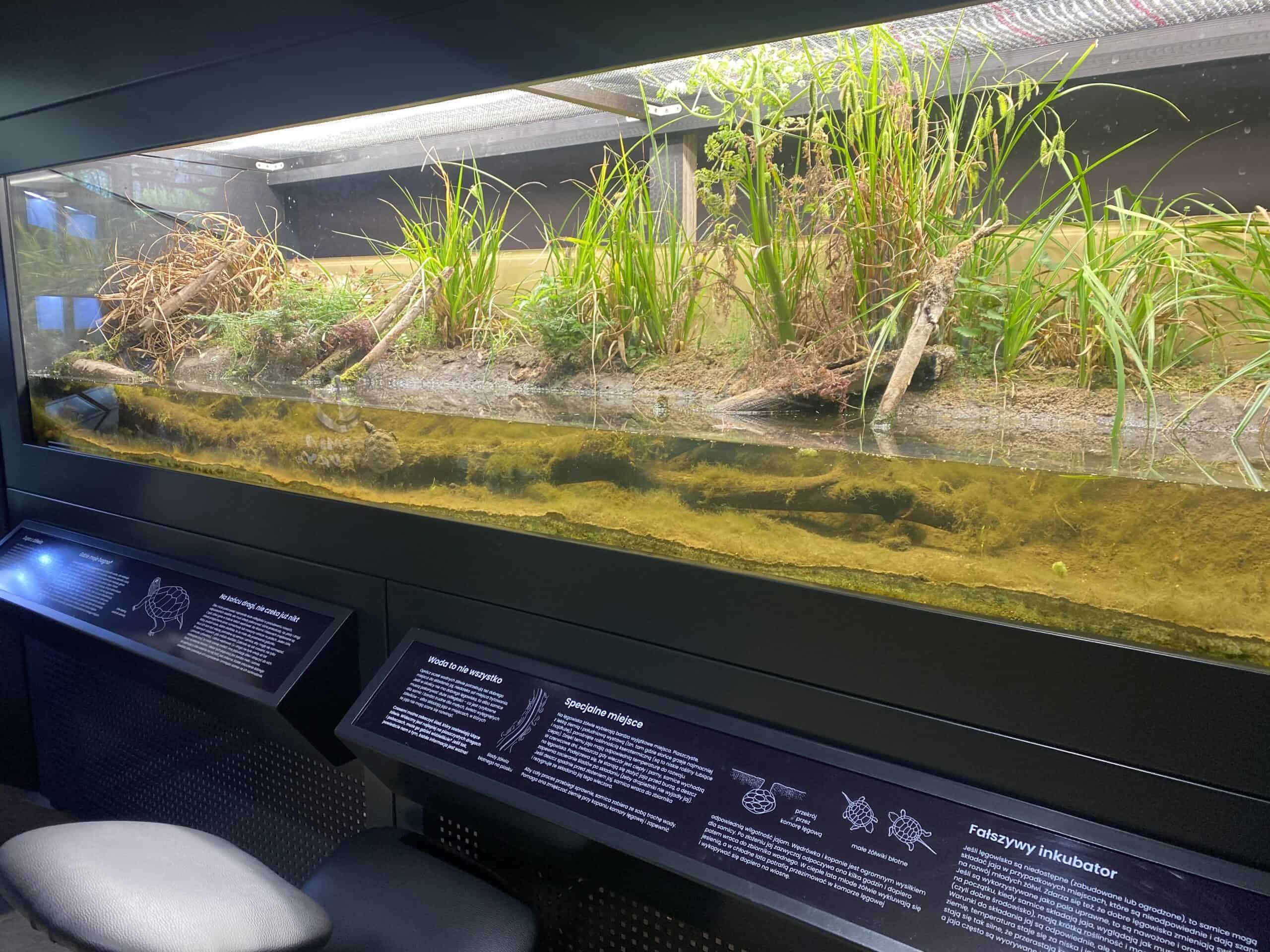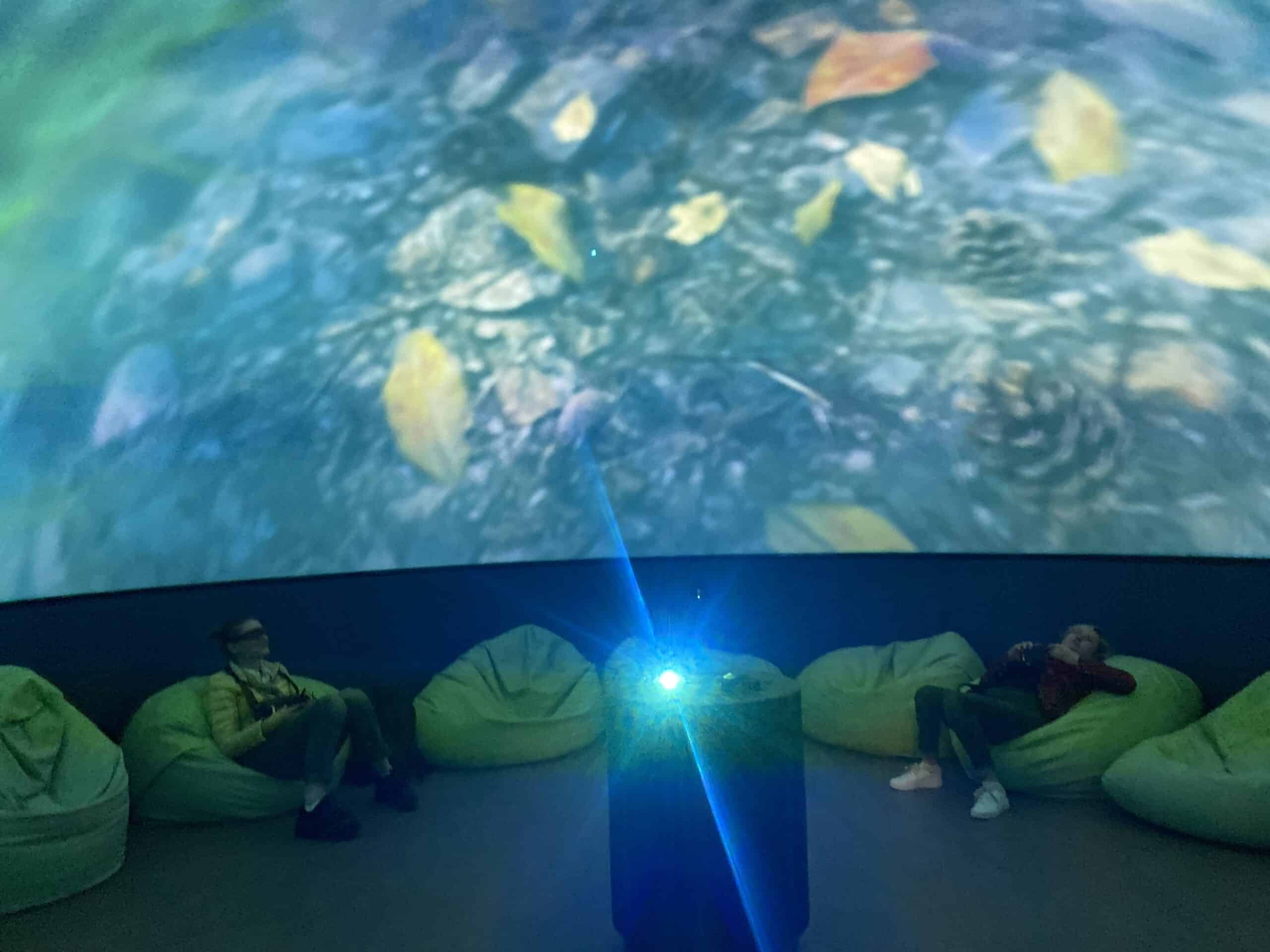During the conference, various project activities and tasks were summarized, along with discussions on the results of pilot studies conducted for selected lakes in Poland, Lithuania, and Latvia. Models of cooperation among local authorities were discussed, and experiences in building institutional cooperation networks were shared. The conference program also included presentations on other innovative projects related to microplastics research and modern trends in the restoration of degraded aquatic ecosystems using bioremediation biotechnology, along with examples of projects implemented in Poland in recent years.
The conference provided a platform for sharing experiences and discussing topics related to lake protection, international cooperation, and innovative solutions. Participants had the opportunity to listen to presentations by experts from Baltic partner countries, gaining new knowledge and inspiration for environmental protection actions. The topics discussed sparked significant interest among participants, who actively engaged in discussions and posed many questions.
“This project is an ongoing story with many threads to explore. Focusing on the leading research theme, namely the study of microplastics in lakes, is just one aspect. There are many related topics that can be incorporated into this narrative, and we hope they will result in the implementation of further projects” said Professor Ewa Bulska during the welcoming remarks.
On the second day, conference participants had the opportunity to visit the Masurian Center for Biodiversity and Nature Education of the University of Warsaw in Urwitałt, KUMAK, which is an educational and research unit aimed at nature conservation education. Numerous interactive exhibits make it very easy to convey knowledge about the ecology of small water bodies. During the visit, participants had the chance to explore an exhibition dedicated to the ecosystem of small water bodies, focusing on their significance and impact on the natural environment.
The conference summarizing the activities of the Interreg Lakes connect project was an important event for integrating representatives from various sectors interested in lake protection in the Baltic Sea region. It served as a platform for the exchange of knowledge, experiences, and best practices in this field. It also provided an opportunity for project partners to discuss future steps in fulfilling the mission undertaken during the project, which will lead to new concepts for the future.
